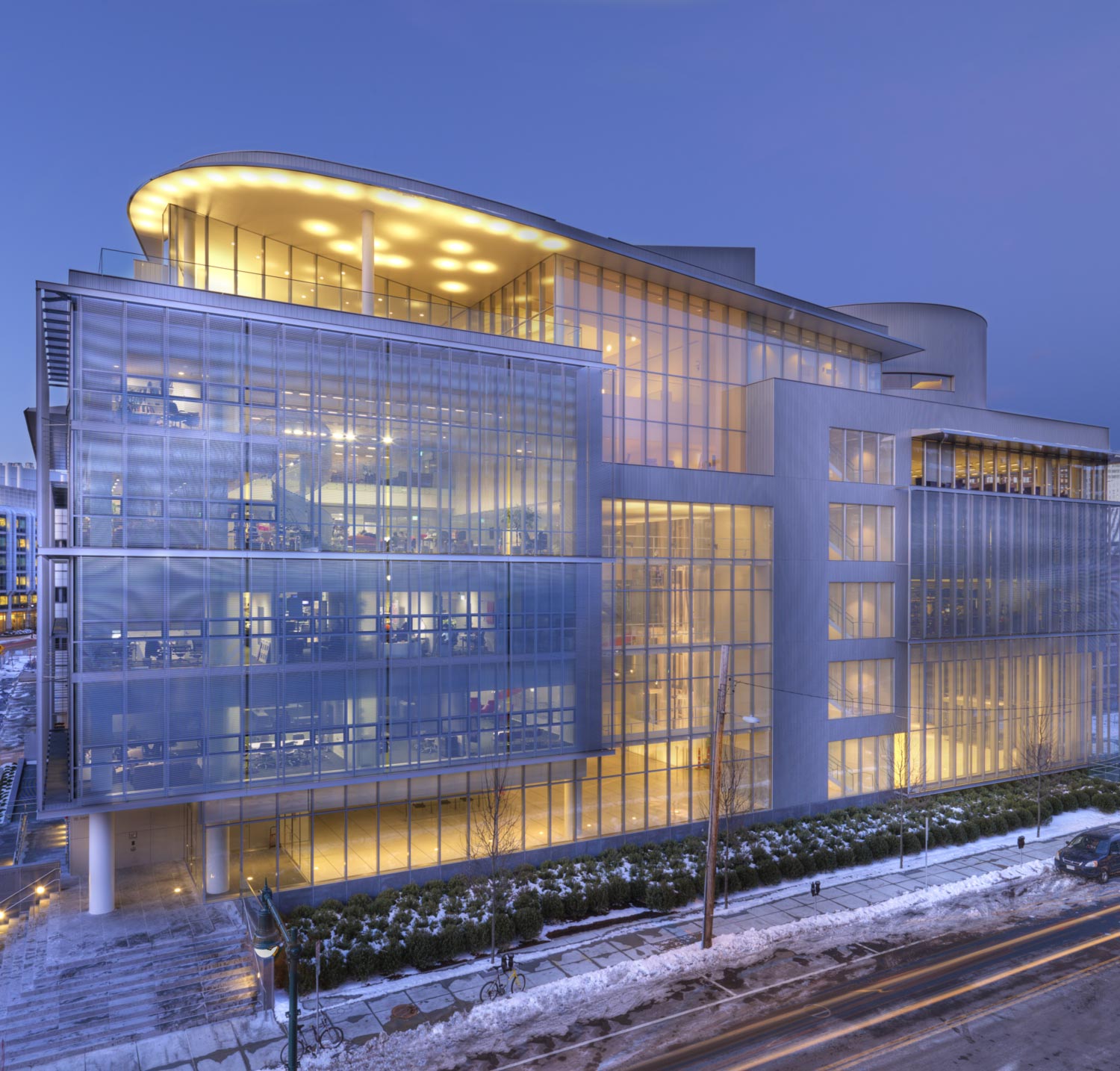Opening for “AI and the Future of Work” Conference
As prepared for delivery
Thank you, Daniela, for the introduction – and for creating this terrific conference. I am delighted that, together, CSAIL and the MIT Initiative on the Digital Economy are doing
so much to shape and to illuminate AI and the future of work.
And to all of you who came to campus specially for this event – welcome to MIT!
Along with our speakers, you represent both breadth and excellence, in industry experience, in university research and in government policy-making. You also reflect the broad interest, excitement, and concern, across society, in how AI and other new technologies will influence our shared future.
This is a room full of experts on artificial intelligence. So, in case you are wondering: I am not one of them! I would like, however, to open the day with a few observations about why this work matters so much, and how I hope we can all make a difference.
# # #
In my role as MIT’s president, I talk to many CEOs, in many industries. And I hear the same thing over and over! They say,
“I have hundreds of people that I am laying off because their jobs have disappeared and I do not need their skills…and I have hundreds of job openings that I cannot fill because I can't find people with the right training and skills.”
At the same time, in a recent study, 72% of Americans say that they feel worried, or very worried, about “a future where robots and computers can do many human jobs.” And 76% believe that in such a future, economic inequality would grow worse.
I am sure you all have heard similar comments. So it’s clear to everyone that deep change is happening. And, for most people, it’s not clear how to respond.
As president of an institute with “technology” in its name and national service in its mission, I take these concerns seriously.
I think that most of us would agree that every past technology wave ultimately produced more jobs than it destroyed. And that every past technology wave also delivered important gains, such as higher living standards; longer lives and less disease; better communications; rising productivity and economic growth – and nearly every advantage that comes with modern life!
However, this time, many people fear that the change may be so fast and so vast, and its impact so uneven and disruptive, that it may threaten not only individual livelihoods but the stability of society itself.
Fortunately, this outcome is not inevitable – and the future is in our hands. In fact, in the past, deliberate, coordinated action smoothed the way during these kinds of transitions.
This time, if we want the advance of technology to benefit everyone, we must proactively and thoughtfully reinvent the future of work.
Reinventing the future of work needs to be a whole-society effort – and finding long-term solutions will require ideas and initiative from every quarter. For example,
- Could educators, from kindergarten through college, make sure that every graduate, in every field, is computationally literate?
- Could institutions like MIT do better at guiding students to balance efficiency, with other human values, in choosing the problems they work on, and how they design solutions?
- Could workers help develop automating technologies, to create complementary machines that make humans more effective and efficient – instead of obsolete?
- Could corporations use some profits achieved through automation to invest in developing-those whose-jobs automation has erased?
- Could unions help shape more relevant and accessible apprenticeship and uptraining programs?
- Could government develop educational incentives that would motivate firms to locate in hard-hit regions?
I believe the answer to all those questions can and should be yes – and I’m certain we need many more and better ideas, too.
If an approach like this sounds big or expensive, it’s worth remembering that the same objections emerged around universal public education and the GI Bill. But it was exactly such broad, far-sighted investments in human development – by the nation, for the nation – that allowed the country to mitigate the immense pain caused
by previous technological and societal earthquakes.
#
Automation will transform our work, our lives, our society. Whether the outcome is inclusive or exclusive, fair or laissez-faire – is up to us. Technologies embody the values of those who make them. Those of us advancing new technologies must help make certain that they do not wind up damaging the society we intend them to serve.
Getting this right may be among the most important and inspiring challenges of our time – and it should be a priority for everyone who hopes to enjoy the benefits of a society that’s healthy and stable because it offers opportunity for all.
I am convinced that those of us leading and benefiting from the technology revolution must help lead the way to a future in which technology works for everyone.
I believe MIT can continue to be a leader in this work. And I hope many of you will seize the opportunity to join us.
Thank you.


